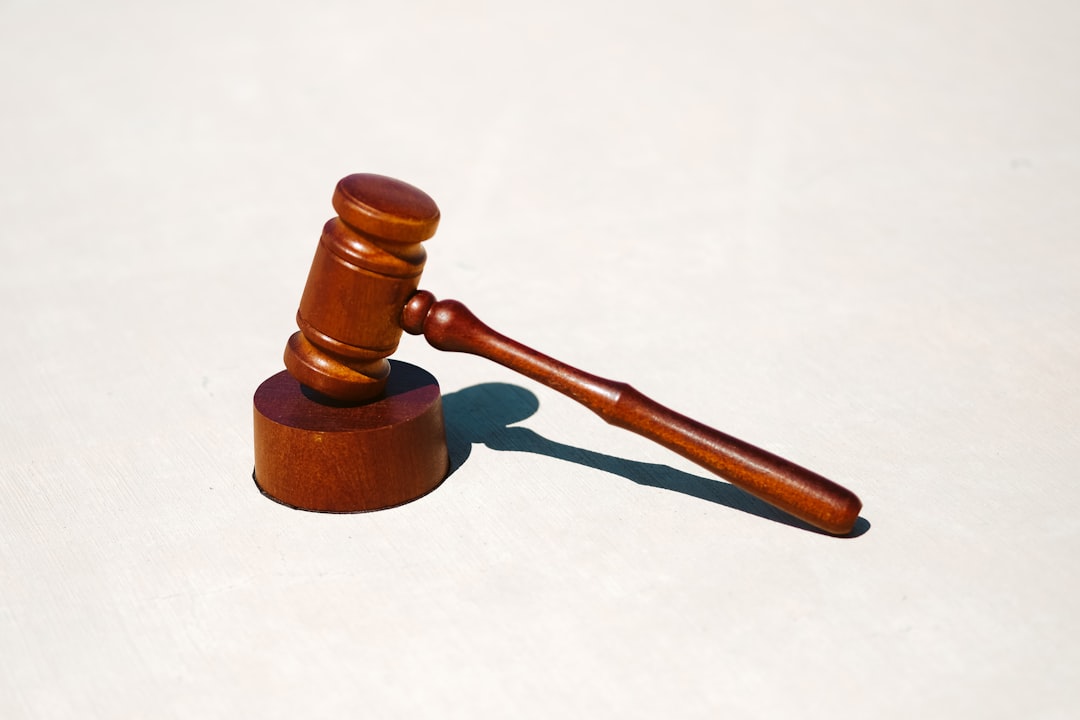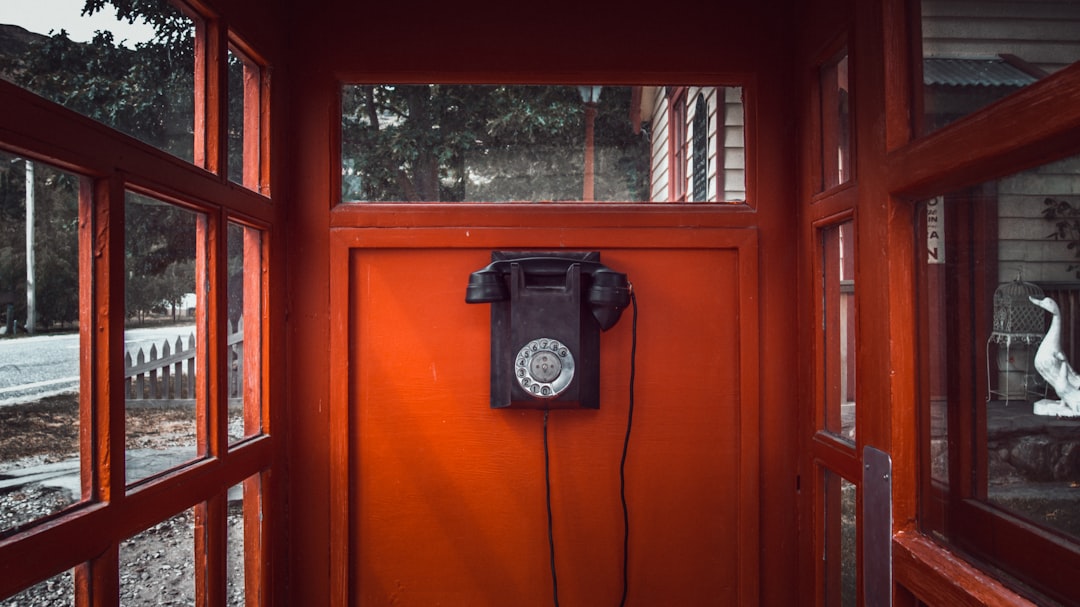Illinois' robust debt collection laws, including the FDCPA and state-specific regulations, protect consumers from abusive practices while ensuring creditors receive fair payment. The state's Do Not Call Act prevents debt collectors and law firms from making unsolicited calls, empowering consumers and reducing harassment. Consumer privacy is a cornerstone, with restrictions on automated dialing systems and harassing behavior. Knowing your rights and recognizing unfair tactics are crucial for effective protection against unethical "Do Not Call" law firms in Illinois. Strict regulations allow consumers to file complaints and seek damages if their rights are violated.
In Illinois, understanding debt collection laws is crucial for consumers aiming to protect themselves from unfair practices. This comprehensive guide navigates the state’s regulations, focusing on the Do Not Call Law and its impact on debt collectors, consumer rights regarding privacy and communication, and strategies to identify and respond to unethical debt collection methods. Learn about enforcement mechanisms and available remedies as you explore your rights in Illinois, with a special focus on the role of the Do Not Call law firms in maintaining a harassment-free environment for residents.
Understanding Illinois Debt Collection Laws: A Consumer's Guide

In Illinois, debt collection laws are in place to protect consumers from unfair or abusive practices while ensuring that creditors can recover what they’re owed. Understanding these laws is crucial for anyone dealing with debt collectors. The Fair Debt Collection Practices Act (FDCPA) sets national standards for how debt collectors can interact with consumers, including restrictions on when and how they can contact you. In Illinois, additional state laws further safeguard consumers’ rights, such as requiring debt collectors to provide validation of the debt and limiting the amount of money they can charge for certain services.
Consumers in Illinois also have the right to dispute a debt within 30 days of receiving notice from a debt collector. This process involves sending a written response detailing why you believe the debt is invalid or incorrect. Debt collectors who violate these laws may face penalties, including monetary fines and damage to their reputation. Knowing your rights and understanding these laws can empower consumers to navigate the process confidently and protect themselves from harassment or unfair treatment.
The Do Not Call Law and Its Impact on Debt Collectors in Illinois

In Illinois, the Do Not Call Law, also known as the Illinois Consumer Do-Not-Call Act, plays a pivotal role in protecting consumers from unwanted and harassing debt collection practices. This law restricts debt collectors from making telephone calls to individuals who have registered their numbers on the state’s Do Not Call list. By adhering to this regulation, debt collection agencies and law firms operating in Illinois must obtain prior consent before contacting residents, ensuring a more respectful and less intrusive debt recovery process.
The impact of this law is significant, as it empowers consumers by giving them control over their communication preferences. It discourages excessive debt collector calls, which can be particularly distressing for individuals already dealing with financial stress. As a result, many debt collectors in Illinois have had to adapt their strategies, employing more targeted and respectful approaches, thereby fostering a better relationship between debtors and collection agencies.
Consumer Rights: Protecting Your Privacy and Harassment-Free Communication

In Illinois, consumer privacy is a key aspect of debt collection laws designed to protect consumers from harassment and abuse. According to the Illinois Do Not Call Law, it’s illegal for debt collectors to make telephone calls to consumers using automated dialing systems or prerecorded messages without prior express consent. This law ensures that consumers can enjoy their personal time without constant interruptions from debt collectors.
Furthermore, debt collectors are prohibited from engaging in abusive or harassing behavior, including making threatening statements, using obscene language, or repeatedly calling a consumer’s phone numbers with the intent to annoy or abuse. Consumers have the right to request validation of the debt and to stop communication from debt collectors at any time. This ensures that communication remains respectful and focused on resolving the debt issue fairly.
Unfair Debt Collection Practices: What to Look Out For and How to Respond

Unfair Debt Collection Practices: Recognizing and Responding
Debt collectors in Illinois must adhere to strict rules and regulations, designed to protect consumers from aggressive or deceptive collection tactics. However, some practices still manage to creep into the industry, which can leave individuals feeling vulnerable and overwhelmed. Familiarize yourself with common unfair debt collection practices to ensure you know your rights and how to respond effectively.
One such practice is persistent and excessive calling, often involving automated phone systems or pre-recorded messages. If a collector continues to call you after requesting that they stop (known as the “Do Not Call” request), it’s considered a violation of Illinois law. Additionally, threats, intimidation, or false statements about your debt can be strong indicators of an unfair collection practice. Always remember that collectors cannot lie, misrepresent, or use threatening language when trying to collect a debt. Knowing these red flags empowers you to stand up for yourself and take appropriate action if needed.
Enforcement and Remedies: Ensuring Compliance and Seeking Compensation

In Illinois, debt collection practices are strictly regulated to protect consumers from aggressive and unfair tactics. The enforcement of these laws is primarily handled by state agencies and local attorneys who ensure compliance with the rules outlined in the Illinois Debt Collection Act (IDCA). This legislation provides a framework for fair debt collection, limiting when and how creditors can contact consumers, and setting boundaries on the amount of fees charged.
Consumers who believe their rights have been violated by debt collectors have several remedies available under Illinois law. These may include filing a complaint with the Attorney General’s Office or seeking legal action against the collector in civil court. If successful, consumers can recover damages for emotional distress, attorney fees, and even statutory penalties to compensate for their troubles. Such measures aim to deter unethical collection practices and ensure that consumers are treated fairly throughout the process.






